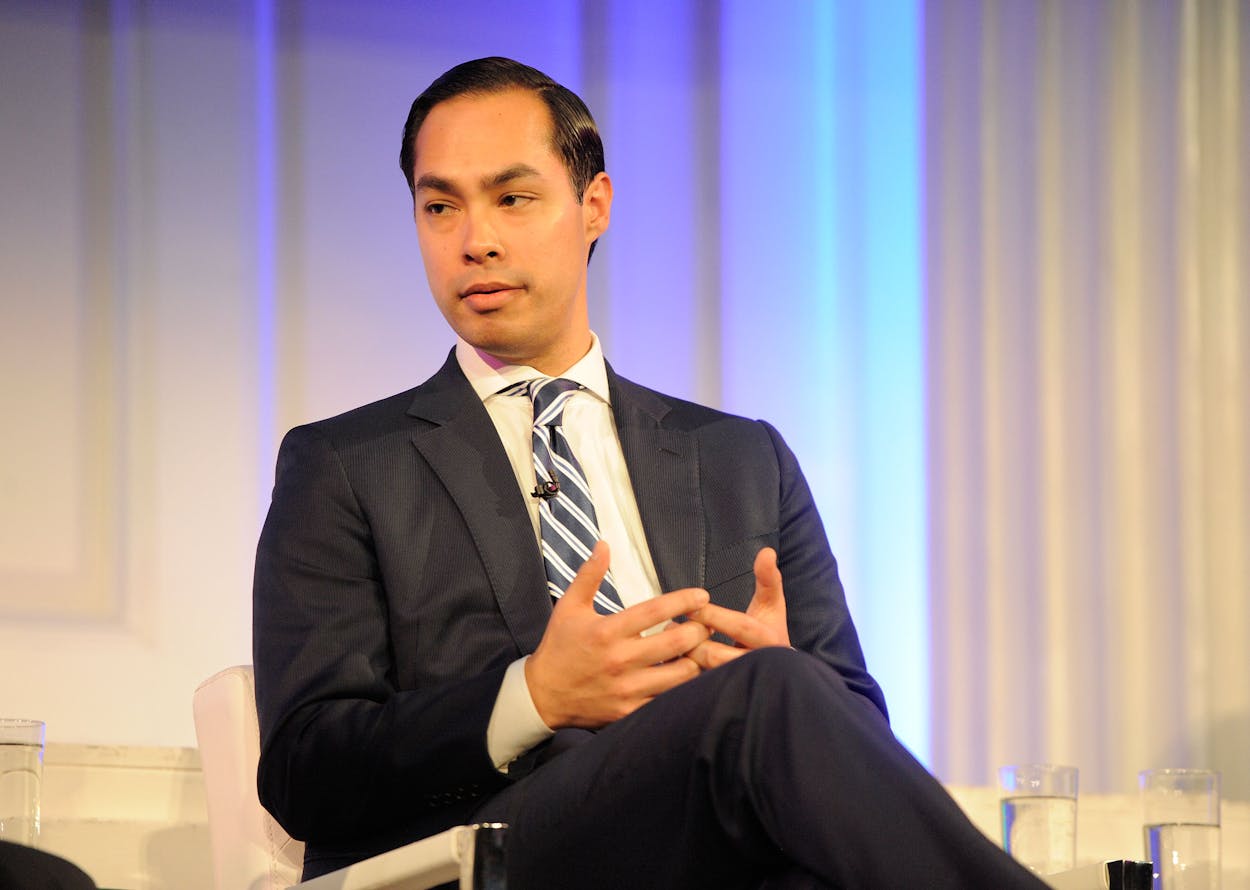The Democratic National Convention kicked off today, and thus far things in Philadelphia could be going more smoothly. Thousands of protesters have gathered in the city to protest the nomination of Hillary Clinton. Many of them supported Bernie Sanders in the primary, and their dissatisfaction about the outcome was fueled, over the weekend, by a massive Wikileaks release of internal emails from various Democratic National Committee emails, which suggest a clear preference for Clinton over Sanders, if not outright collusion on her behalf. Adding to the chaos is that, as the New York Times’ David Sanger explains, the DNC emails were hacked by two Russian intelligence agencies, and passed through Russian computers en route to Wikileaks, which distributed them; this is just the latest in a long trail of breadcrumbs suggesting some oddly close ties between Donald Trump, the Republican presidential nominee, and the Kremlin.
I am back in Austin after last week’s sojourn in Cleveland, so I won’t be filing any dispatches from Philly this week, but I did want to offer a quick note on a subject of interest to Texans. On Saturday, Clinton announced that she had chosen Tim Kaine, a senator from Virginia, as her running mate. In other words, she did not pick Julián Castro, the former mayor of San Antonio and now the Secretary of Housing and Urban Development. I think that’s good for both her and Castro, for the reasons I laid out in October. Kaine is widely respected and well-liked, and overall seems like a solid choice on Clinton’s part; it’s to Castro’s credit that he was considered, and to Clinton’s credit that she considered him.
Less sensible, in my view, is the fact that Castro’s name is being floated as Democrats scramble to replace Debbie Wasserman Schultz, who resigned in ignominy after the email leak, as chair of the DNC. It’s axiomatic, in American politics, that being vice-president isn’t all it’s cracked up to be. But if there’s one thing I learned from Wasserman Schultz’ travails, and from watching Reince Priebus last week in Cleveland, it’s that—compared with chairing a major political party—being vice-president isn’t the most miserable job in American politics these days.







